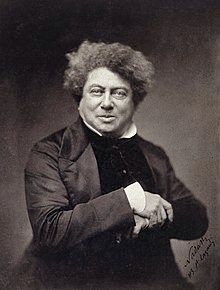The last two exorcisms
by
July 26th, 2023
Audio Presented by

Many of my historical novels of high adventure were originally published as serials, including The Count of Monte Cristo
About Author
Many of my historical novels of high adventure were originally published as serials, including The Count of Monte Cristo
